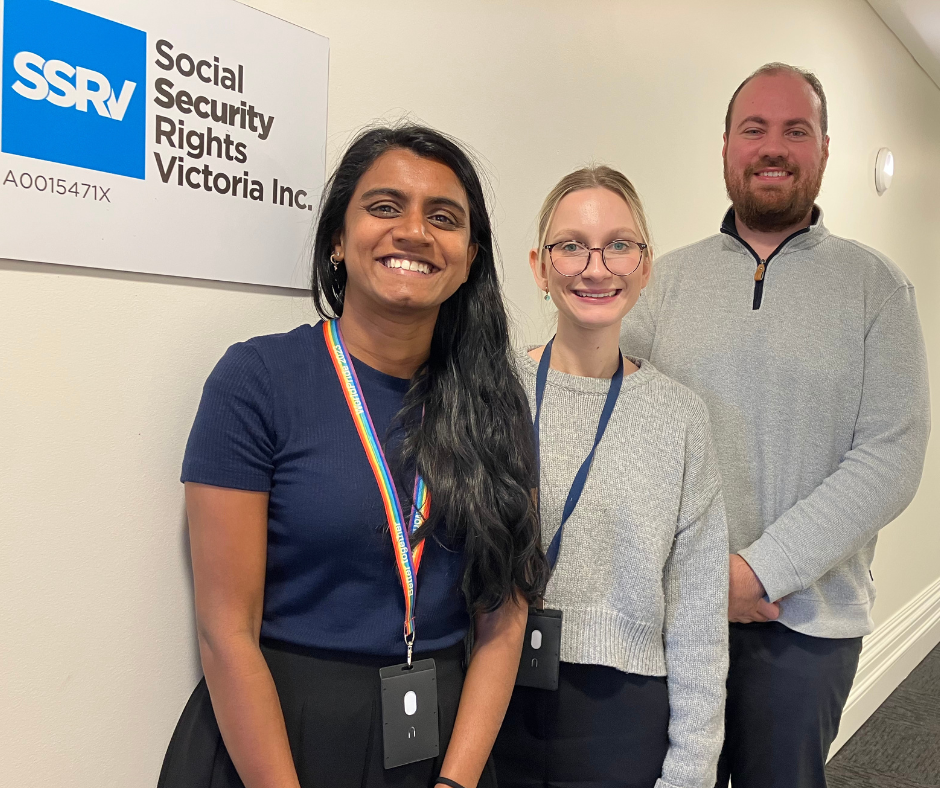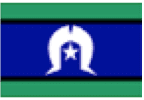Since 2021, SSRV has worked on the intersection between disasters – such as floods, bushfires and storms – and social security legal issues, understanding that disasters can cause or exacerbate issues that people may have with social security law, policy and/or administration.
SSRV’s analysis and case work indicate that disasters can be a direct or indirect cause of disputes with Centrelink about social security payment eligibility, payment amounts, debts, mutual obligations and other administrative issues.
Since 2022, SSRV has undertaken project work to optimise our response to the social security legal needs of people affected by disasters, including the development and implementation of a Disaster Preparedness and Response Plan.
This work has increased our awareness of the need to engage in trauma-informed practice, and has led to a number of measures to increase our skills in this area.
What is trauma, and trauma-informed practice?
According to Mental Health Australia, trauma can arise from single or repeated adverse events that threaten to overwhelm a person’s ability to cope. Many of those affected by trauma are inadvertently re-traumatised in systems of care lacking the requisite knowledge and training around the particular sensitivities, vulnerabilities and triggers of trauma survivors.
Trauma-informed practice is a strengths-based framework which is founded on five core principles – safety, trustworthiness, choice, collaboration and empowerment as well as respect for diversity. Trauma-informed services do no harm – they do not re-traumatise or blame victims for their efforts to manage their traumatic reactions, and they embrace a message of hope and optimism that recovery is possible. Trauma-informed care involves first recognising and then responding to the effects of trauma.
Disasters, SSRV, and trauma informed practice
It’s very clear that losing your home to bushfire; losing your job because your employer’s business is overwhelmed by flood; losing a loved-one, neighbour, family member or friend to the ravages of a weather event; or any of myriad other disaster-related circumstances of loss; can all be traumatic experiences.
This means that the work of SSRV must be trauma-informed. It’s challenging enough for anyone to decide to take issue with the actions of a giant government agency such as Centrelink; it’s even more so to do this in the aftermath of a disaster. As a team of lawyers, financial counsellors and other professionals supporting clients impacted by disasters, it’s essential that the delivery of our services does not act as a re-traumatising event.
Trauma-informed legal practice
A 2022 Law Institute of Victoria article, “Trauma-informed Practice – Increasing Awareness”, highlights the relevance of trauma-informed practice to the work of legal practitioners. Some of the issues it highlights are:
· Recounting experiences can trigger a fight, flight or freeze responses, and trauma-informed practice empowers lawyers and other workers needs to be empathetic to unexpected client behaviours.
· Trauma can produce a range of other behaviours including anger, reduced cognitive capacity, avoidance, detachment, risk-taking and substance abuse, jumping up, lashing out, difficulties following questioning, incomplete/non-linear narrative, shutting down, lack of engagement – all of which are potentially problematic to a lawyer/client relationship until or unless they are viewed through a trauma-informed lens.
· Working with people who have experienced trauma carries a risk of vicarious trauma, including adverse health effects for lawyers and other workers as a consequence of hearing many challenging client stories or encountering challenging client behaviours.
SSRV legal practice
As part of our trauma informed practice training, SSRV staff and management have workshopped the practical application of trauma-informed practice to ensure that we take a trauma informed approach to client service delivery. Taking a lead from the experts, our practice includes:
· Being consciously transparent – clear about what will happen, when and why – to facilitate trust and minimise feelings of powerlessness,
· Responding to complex behaviour appropriately, and understanding such behaviour can be a response to trauma rather than a personal affront,
· Encouraging people affected by trauma to access services, supports and interventions to improve recovery,
· Actively attending to our own self-care and supporting colleagues.
You can read more about Centrelink support for people directly affected by a declared natural disaster on the Services Australia website.





